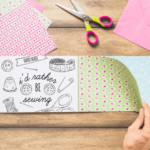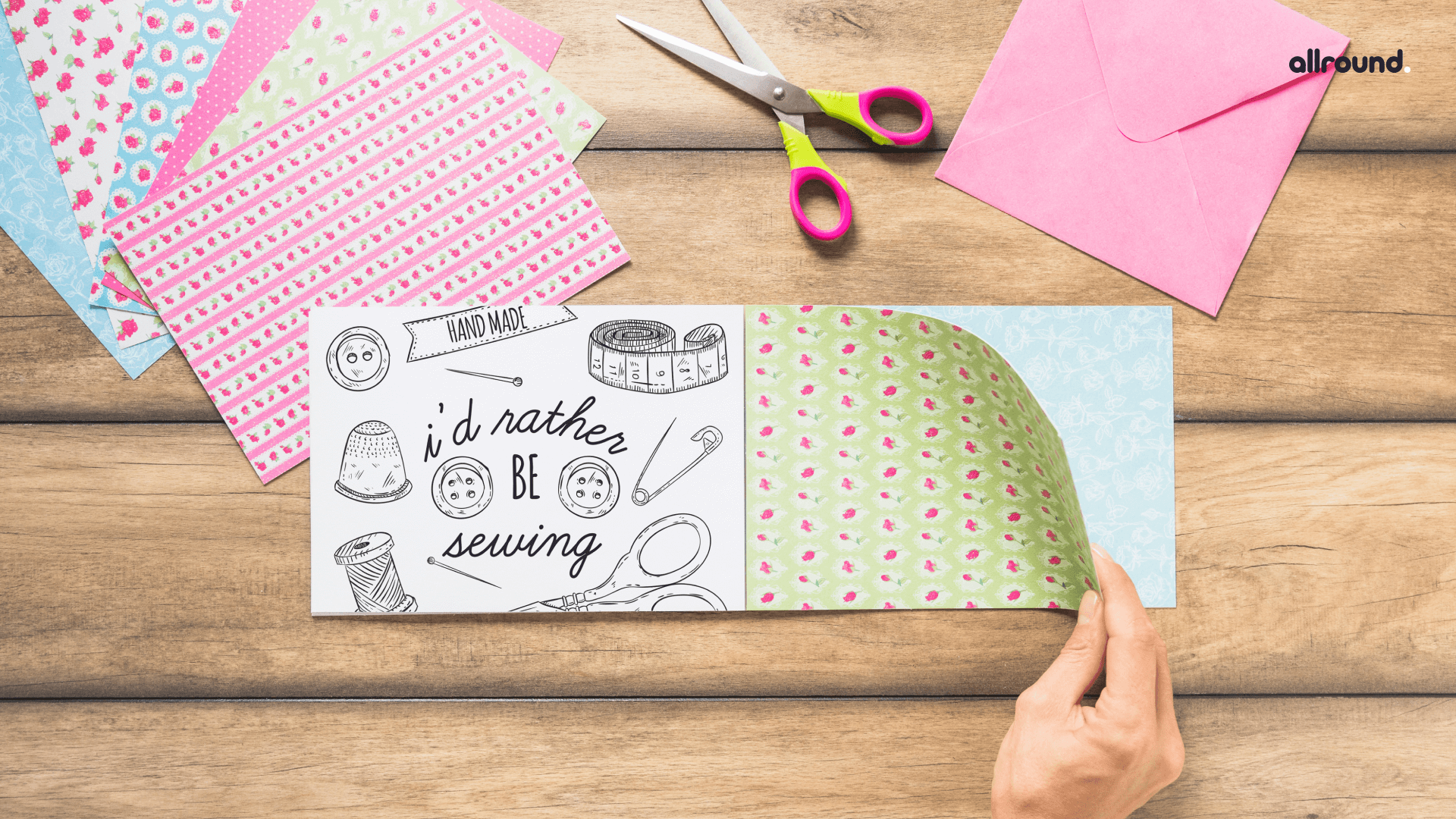4 Simple DIY Games That Make Learning Fun5 min read
We handle a bit hesitated when it comes to hands-on learning. What attains at first in your mind when you hear these words?
I reminisce about crafts and projects. My mom was not crafty but still was able to do hands-on learning activities! She used to add a few exciting games to the schedule that made my learning fun. My mom had her favorites of science which I even liked a lot, and as a younger, I was quickly able to adapt. Therefore, you can use these as well for any subject for any age.
They are essential and candid
Contents
Simple DIY Games That Make Learning Fun!
-
Bingo
Bingo!
Yes, this is the game I played a lot while homeschooling, and I found it fascinating.
It’s easy to join and ready.
You can divide bingo based on your kid’s grades.
-
Reading
If you have a young kid, use bingo to practice reading skills. How?
Use these
1: Letter Recognition
Fill the bingo card with random alphabets. And then you ask to find a letter. And if you want your kid to recognize a letter, show your child the called alphabet.
2: Upper and lower case letters
You can show him a capital letter and ask him to find its small letter or vice-versa. Or you can show him a card and ask him to find the next alphabet of any case, either upper or lower.
3: Letter sound recognition
Arrange the cards, in the same manner, you do for letter recognition. Now, call the sound that starts with the letter then the letter name.
4: Words: Letters over!
Now you can call the words and ask your child t find the letters from which the word is formed.
-
Math
Bingo is best for math practice; it is easy.
1. Math fact practice
Hide the answers in the bingo cards and the facts on the call cards. You can use these tricks to teach your kid essential but basic mathematical operations.
2. Number recognition
Let him recognize the number you have written down in yours. Show him the card and ask him to find the number. You can even ask him to ask you the number to find on your bingo cards.
3. Roman numerals
Roman numerals to me are easy till 8, only after that I just messed up with X and I. Still, you can play this game with your kid to make him able to recognize the Arabic numerals while doing the same activity you do for number recognition.
4. Money recognition
To make your child recognize coins and bills, you can mix images of coins and bills on the bingo card and let your child find out the amount.
Bingo provides every shot to teach your kid in a better and enjoying manner
Almost Anything Else
You can write any vocabulary terms and do the activity. You can also practice,
- History facts
- Literary terms
- Parts of speech
- Pictures of people, places, or objects
- Articles
- Safety rules
Bingo is easy for multiple ages and ability levels that you can play together.
You can provide your kids with a set of cards to draw and then play. For instance, you give them to write alphabets and then play letter recognition. Plus, this helps your kid to write, read and recognize the alphabet.
Few resources
- print this homemade blank bingo card
- purchase blank bingo cards.
- bingo chips (good for games as well as for math practice)
- blank flashcards used as call cards.
Board Games
Board games are tabletop games that use pieces moved on pre0marked board and include elements of the table, cards. Homeschooling parents can teach their kids subjects like maths, history for a DIY game. Most emphasize competition between two or more players.
You can find some games like Candyland, Chutes and Ladders, Connect 4, and checkers.
Steps to play are
1: Each player must answer a question correctly to take a turn.
2: Each player rolls a die to determine how many cards to draw. Players will move forward only at one condition that if they answer the question correctly.
So, for example, your kid needs to answer a history year correctly to move forward.
Board games are easily adaptable for any age and yield teamwork as well. The only need is to have a set of cards for every player who sits to play based on their skill level.
You can add things by coloring squares and dots on paper to move a step ahead.
If you want to get involved, order a blank board game for your piece.
Memory
Concentration activities help you to increase memory power. Suppose you add some of these activities for youngers. Then it will be amazing.
You can add match the following Ideas
- Math fact
- Math facts that have the exact computation (example: matches 5+1 and 3+3 or 6 X 1 and 3X2)
- Planets to a picture of and name
- Monuments and their facts
- Antonym and Synonym
- Alphabet Cases
- Homonyms
Go Fish
Go Fish is a perfect introduction for your child to the world of card games. The game teaches your child to match pairs and describe objects by colors. It also introduces a strategy to your child—the main objective for homeschooling parents from this game can be reading practice games like phonemes, letter sounds or recognition, uppercase/lowercase. Nevertheless, it would be easy to adapt to other sorts of fact practice.
Helpful Tips
Mrs. Perkin’s Dolch Words record is an excellent source for printing cards to use for bingo call cards, Go Fish, or matching cards.
Encouraging everyone is good, but I cannot encourage everyone the participation. The game has two people, only either winners or losers. Loser becomes winners, and winners and losers are participants as well. So the goal is in your court to hit.
Every participant needs to learn the hard way to be the winner, especially when playing with your siblings.
If I loved it, instead have a competitive game than a cooperative game. You can make the competition like trying to get a certain number of cards among all the players in a pre-decided time.
Hands-on learning doesn’t have to be twisted. These are just a few simple ideas for home-school-made games that make learning a pleasure.




